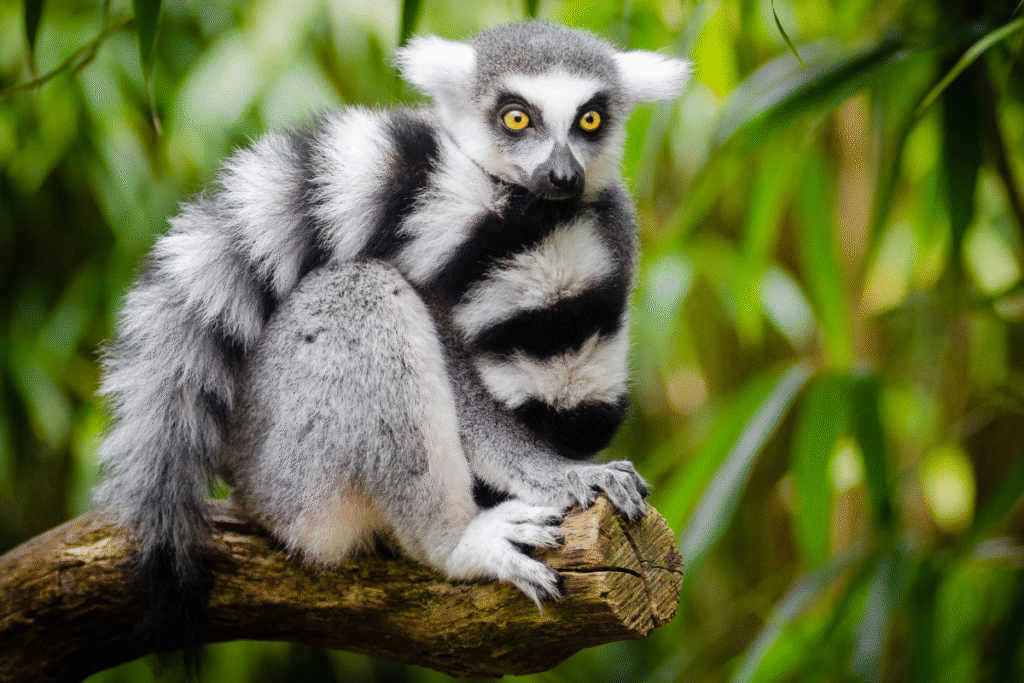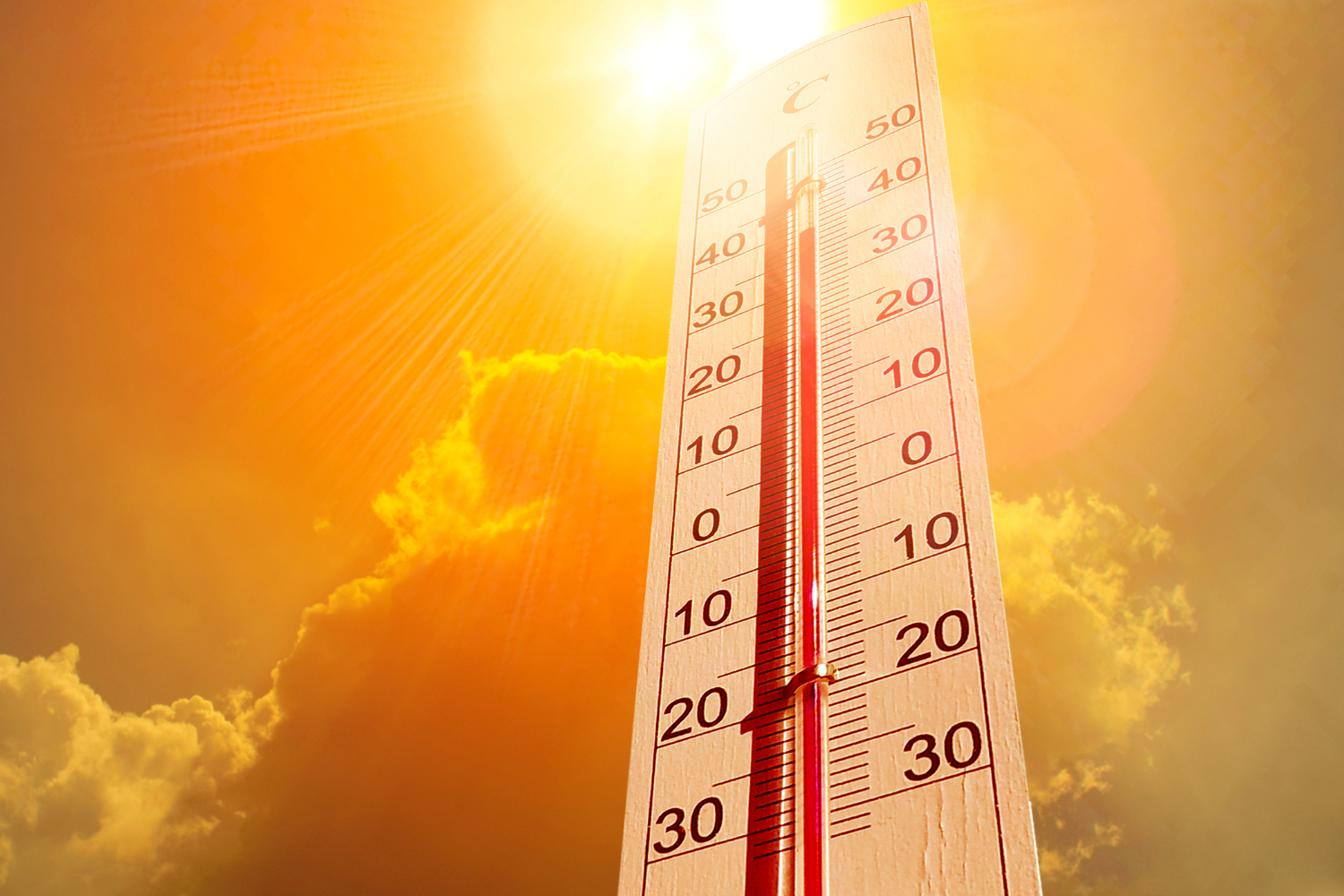Wild animals make terrible household companions unfortunately.

Social media has made exotic pet ownership look glamorous and manageable, but the reality is far more complex and dangerous than those cute Instagram posts suggest. While traditional pets like dogs and cats have been domesticated over thousands of years, wild animals retain their natural instincts and behaviors regardless of how young they are when captured. These animals have specific dietary, environmental, and social needs that simply cannot be met in typical home settings, leading to serious consequences for both the animals and their well-intentioned owners.




